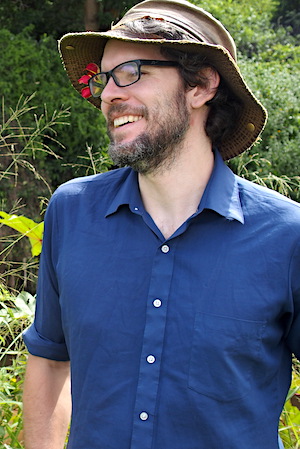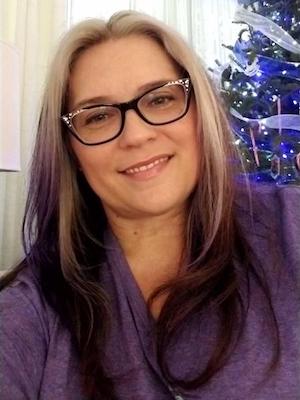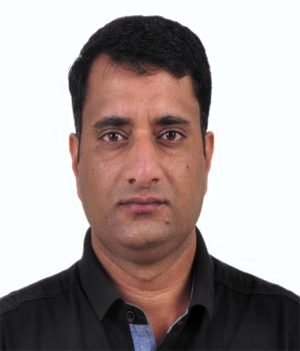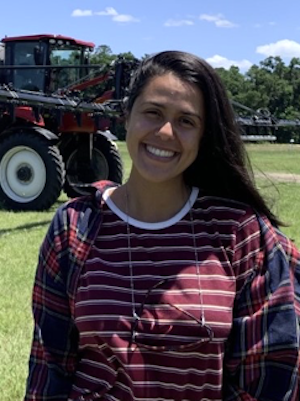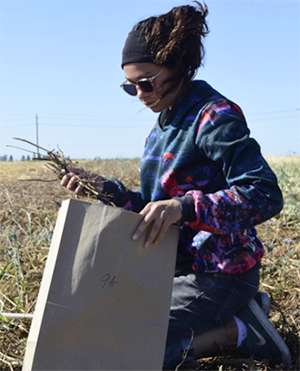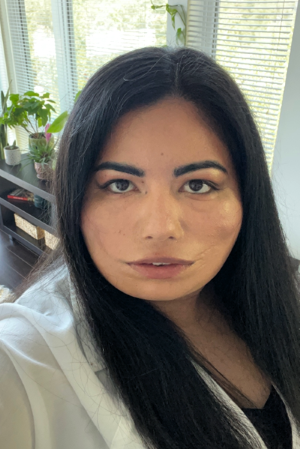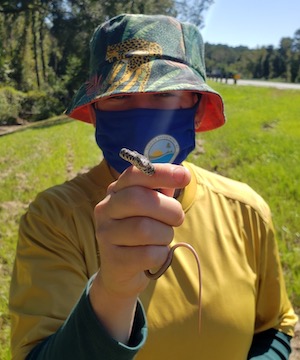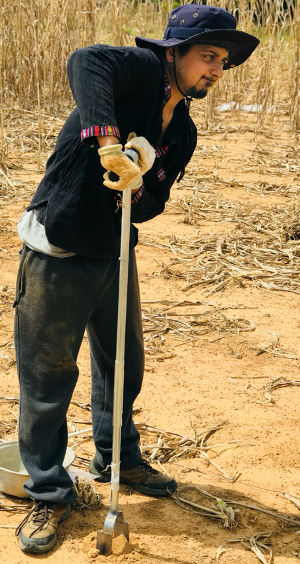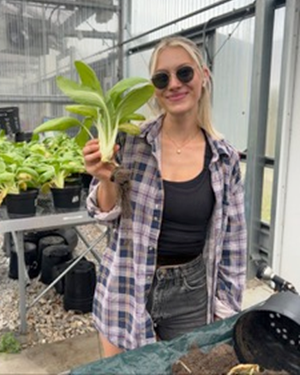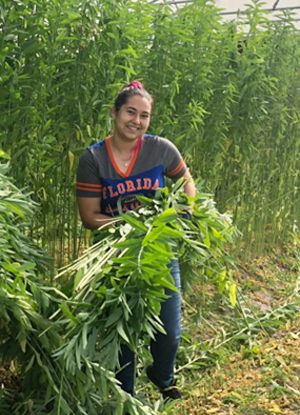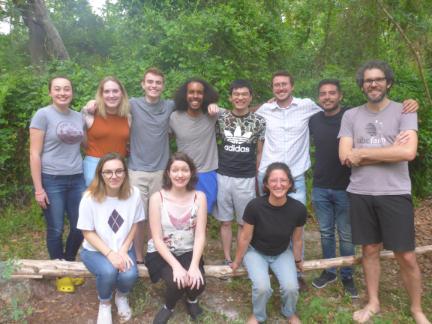
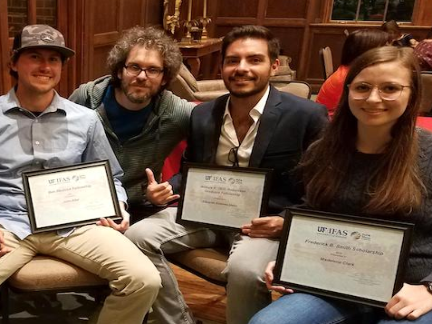
Students receiving awards at the SWS 2019
recognition ceremony: (left to right) John Allar,
Gabriel Maltais-Landry, Eduardo Estevez, and
Madelene Clark.
Alumni
David Campbell - Post-Doctoral Associate (2021-2022)
Ariel Freidenreich - Post-Doctoral Associate (2021-2023)
Kaile Zhang - Co-Chaired PhD student (2022)
Fabrizio Pilco - OPS (2021-2023)
Kaitlyn Tucker - Undergraduate intern (2019-2022)
Ethan Weinrich - OPS (2020-2021)
Gabriel Pelegrina - Undergraduate intern (2020-2021)
Sam Victores - Undergraduate intern (2020-2021)
Kayci Anderson - Biological scientist (2019-2020)
John Allar - Chaired MS student and OPS (2020)
Sainfort Vital - Chaired MS student (2020)
Madelene Clark - Undergraduate intern (2020)
Emma Goldberg - Undergraduate intern (2020)
Roxanne Sandi - Undergraduate intern (2020)
Alicia Kelley, D.P.M. – Intern working on composts (see publication from her work here)
Eduardo Estevez – Co-chaired M.S. student (main advisor: Davie Kadyamkapeni) (2020)
Yanlin Wang – Co-chaired M.S. student in Horticultural Sciences (main advisor: David Liu) (2020)
Adnan Fatehi – Graduate intern (2019)
Mia Acker – Undergraduate intern (2019)
Sean Coughlin – Undergraduate intern (2018-2019)
Jennifer Cumbie – Undergraduate intern (2018-2019)
Lauren Leverett – undergraduate intern (2018-2019)
